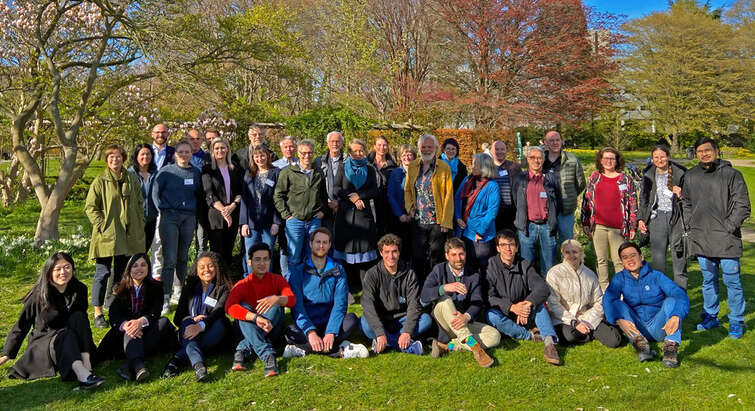
News about Health
Viser 1177 til 1200 af 1435 dokumenter.


nở · bro | cultivating science and art in multicultural Nørrebro
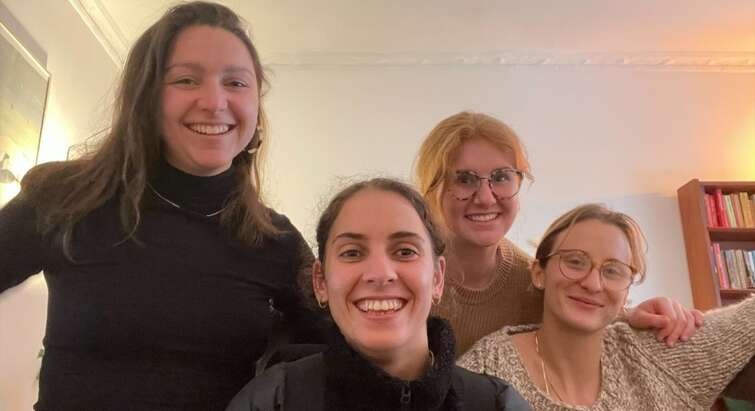
Student innovations to improve the health of indigenous peoples

Torben Heien Nielsen keynote at IZA Workshop on Gender and Family Economics

Why it isn’t always your fault when you can’t remember
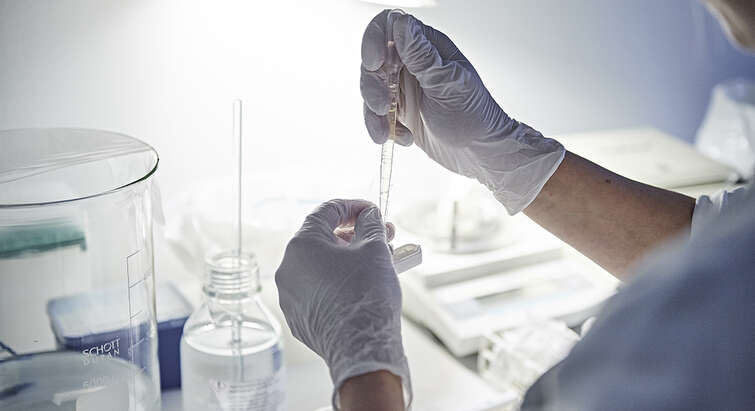
Cancer increases the risk of developing diabetes
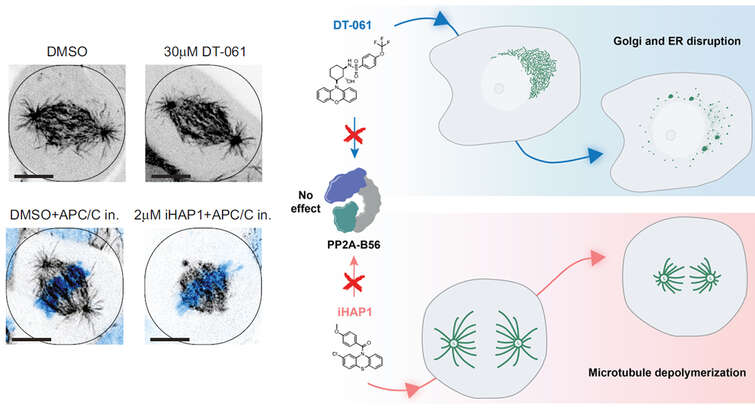
Novel insight into cell killing by anticancer agents

The Fight against Placental Malaria

A PartoMa stakeholder event in Dar es Salaam: Co-creating next steps

“You have a new match!”

New research centre will investigate if mental illness is universal

Your alcohol consumption could put your liver in danger – but this tool warns you

Cancer increases the risk of developing diabetes

Climate Change made devastating early heat in India and Pakistan 30 times more likely

New type of extremely reactive substance in the atmosphere

The crisis of unintended pregnancies and the shortcomings of modern contraception
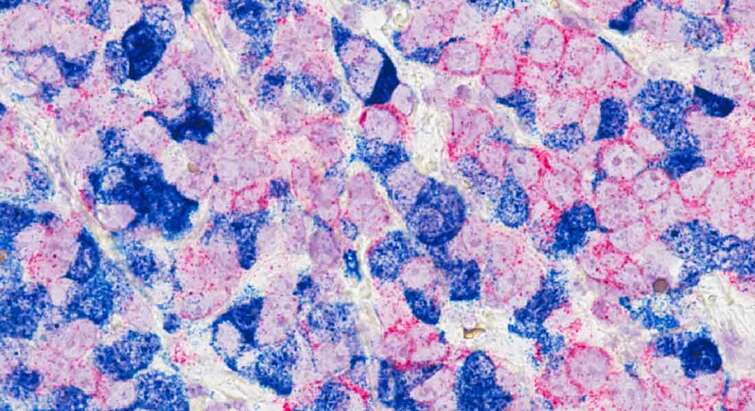
Cancer vulnerabilities could get exposed by ‘game changing’ method
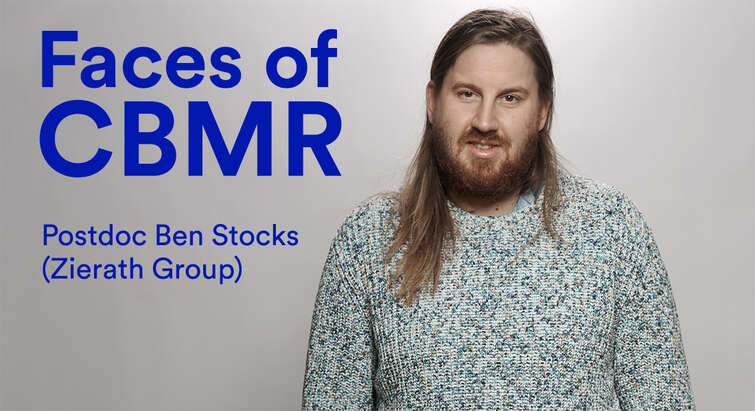
“Sometimes you're the very first person in the world to know something – that’s a pretty cool feeling.”
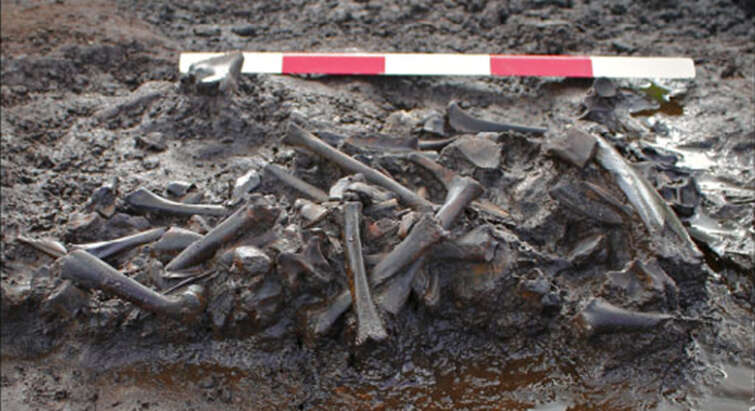
New proteomics method can identify mammalian species from a single chip of archaeological bone

Professor: "B12 deficiency harms young children's development – and the food relief we provide isn’t good enough"

Mexican Master’s student to visit Denmark

New research to detect glaucoma timely
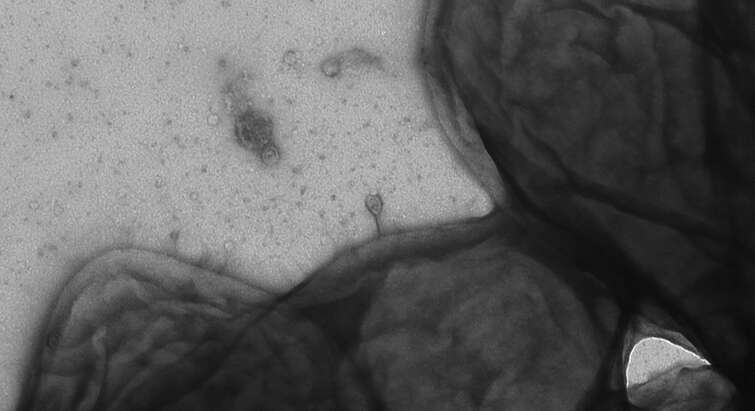
Thousands of intestinal viruses have now been mapped. And they can be used to fight antibiotic resistance
